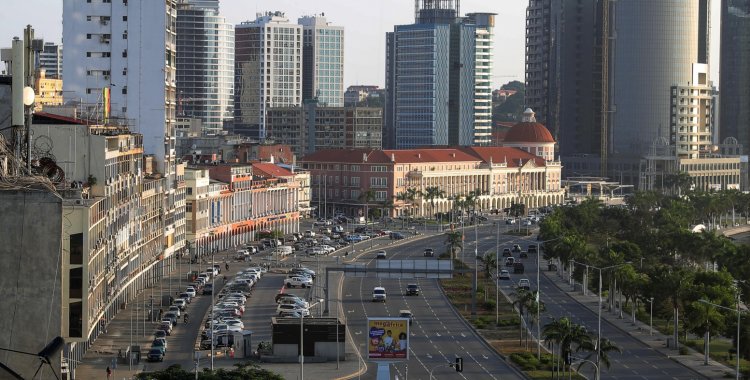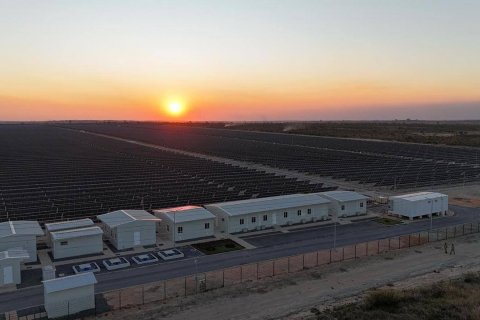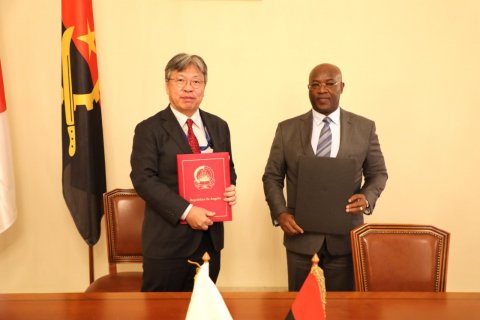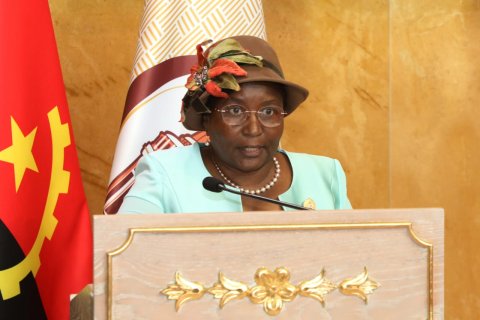The conclusions are contained in the report of the IMF's executive board, within the scope of Article IV, which annually analyzes the economy, released on Saturday and whose general outlines will be presented on Monday at a press conference in Luanda.
The IMF has revised economic growth downwards in 2023 to 0.5 percent, as a result of a 6.1 percent drop in the oil sector and a slowdown in the non-oil sector to 2.9 percent.
The report also highlights the significant increase in inflation in 2023, to 20 percent year-on-year, at the end of December, driven by the depreciation of the kwanza and the cuts in fuel subsidies, which began in June 2023.
On the other hand, the public debt ratio will have increased by 19 percentage points to around 84 percent of GDP in 2023, reflecting the depreciation of the kwanza.
The IMF predicts a recovery in economic growth in the short term, supported by oil production and recovery in the non-oil sector, estimating that inflation will remain high in 2024 and gradually decrease as the effects of the removal of subsidies and exchange rate depreciation are diluted.
It also expects an improvement in the primary budget balance, given the expected continuation of the removal of fuel subsidies and lower debt service from 2024.
Among the risks to the short-term outlook, he pointed out a greater than expected decline in world oil prices and/or domestic oil production, as well as the postponement of the removal of fuel subsidies.
Other risks include heavy dependence on the oil sector, banking sector and debt vulnerabilities, and market access uncertainties.
The IMF therefore highlights the need to continue fiscal consolidation and structural reforms, supported by technical assistance from the Fund and other development partners, to maintain macroeconomic stability and promote diversified, resilient and inclusive growth.
The executive board welcomed the continued withdrawal of fuel subsidies in the 2024 budget, which must be "accompanied by timely and effective communication and well-targeted mitigation measures" and urged the Angolan authorities to "accelerate the implementation of fiscal structural reforms to increase budgetary credibility and contingency planning, as well as strengthen revenue mobilization, expenditure prioritization and debt management".
The IMF considers that "a restrictive monetary policy stance" should be maintained and supports "continuous efforts to transition to an inflation targeting framework" and improve the functioning of the foreign exchange market.
On the other hand, he highlighted the importance of effectively implementing the new supervisory regulations, operationalizing the bank resolution framework and increasing financial intermediation and credit to the private sector.
The IMF recommends that authorities give priority to strengthening human capital, improving the business environment and access to financing, as well as issues related to governance and combating corruption and money laundering, considering these efforts "critical" for Angola.







